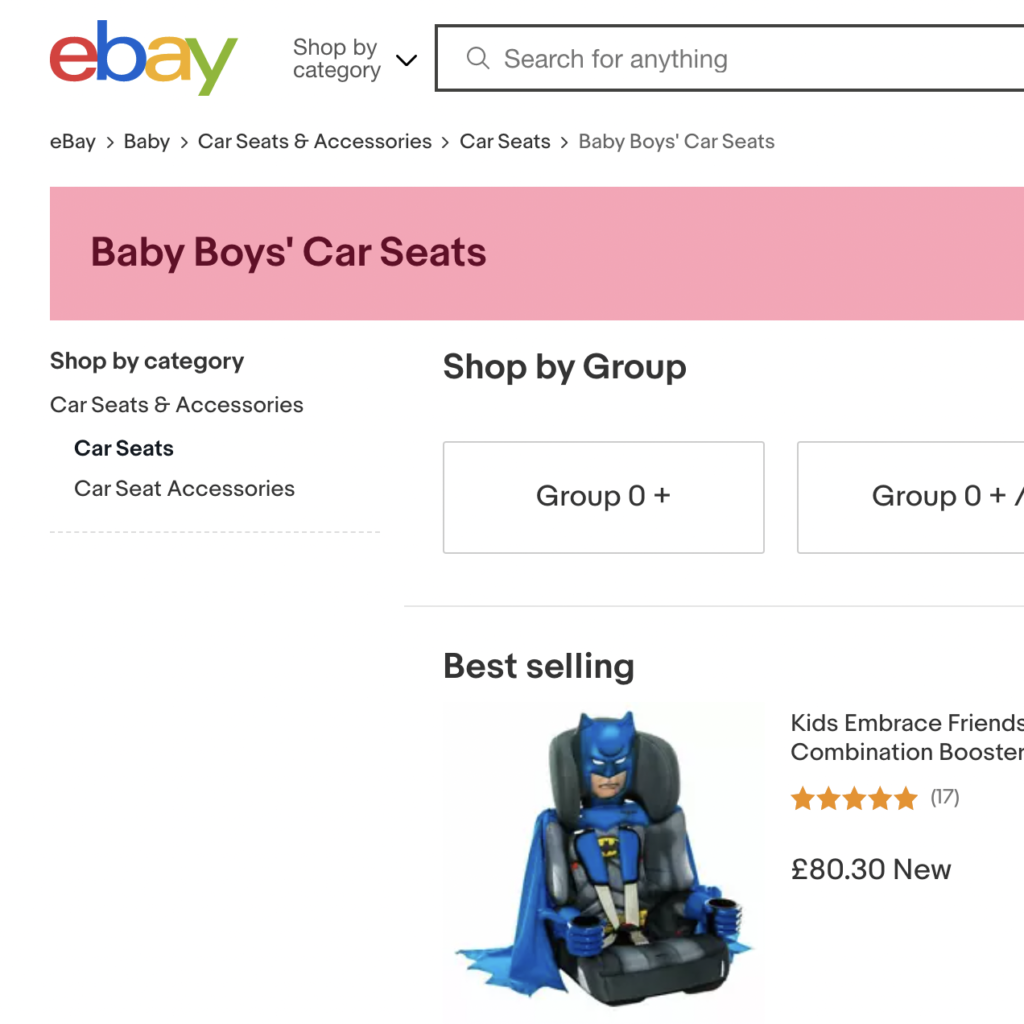Whilst pregnant I imagined raising strong, independent girls. Feisty, don’t take any shit girls. Girls who weather our world whilst working to change it. Girls who are their own person, and therefore treat gender stereotypes with utter disdain; free to love sparkles and dinosaurs; diggers and dancing. There’s no contradiction or contrast, because none of these things are gendered and everyone can love as many different things as they wish!
When I had boys I imagined raising kind, compassionate, thoughtful boys. Boys who are aware of the inherent imbalance of our world. Gentle and caring boys who raise up those around them and, moreover, work to change the world and abolish the nonsensical, outdated stereotypes that pigeonholes people of every gender.
Dodging the stereotypes: society genders everything

Now I am raising two humans I am increasingly aware of the constructs of gender around them. For example, there’s a birthday card with a boy and a girl superhero on the front. Great! Equality. However, the message inside is addressed to a boy. There is no equivalent available for a girl. Even a company that has decided that it matters enough to depict girls as superheroes (and lets not even get onto the fact that the children were visibly stereotypically gendered in the image) have upheld the gender stereotype that only boys would want such a card!
People we meet assume my pink loving, long curly haired child is a girl, sometimes even after correction. When they think he is a girl they admonish him to be careful and gentle, quiet and calm. When I tell them he is a boy they forgive the same behaviour as ‘boys will be boys’. The expectations that total strangers have of my small child change based on how they perceive my child’s gender. If that isn’t gender stereotypes at work, I don’t know what is.
It starts early and it doesn’t stop.
“Does it come in blue?”

Marketing has told us that everything needs to be separate, colour coded, neatly labelled. This stereotypical gender coding is so deeply ingrained that I often see questions, such as ‘Where can I find a car seat suitable for a boy?’ If you ask what features make something suitable for a boy, rather than a child, you’re the weird one.
Boys and girls are not inherently different. They are humans, with personalities, likes and dislikes, which make them individuals. Their small physical differences do not give rise to two wholly separate groups; society creates those. Gender stereotypes are not intrinsic they are something that we have created and that we maintain, therefore they are something we can abolish too! Boys and girls do not need colour coding. They don’t need different clothes or toys. They don’t need treating differently. Society is selling parents a lie so that we buy twice and we do our children and our society a huge disservice.
For now, I will raise two humans who are strong, independent, feisty, don’t take shit, kind, compassionate, loving and thoughtful. And they will change the world.
Gender stereotype harm us: the 2020 Fawcetts Commission report
Since this article was first written more research has shown that these gender stereotypes are not only unnecessary, but are positively harmful. These stereotypes fuel both adult and child mental health crises in the UK, and, we are certain, internationally too. If you are looking for ways to address gender stereotypes with your kids then this articles provides some handy tips on where to begin.
Recommend0 recommendationsPublished in Being a parent, Child mental health, Childhood play & learning, Family mental health


Responses